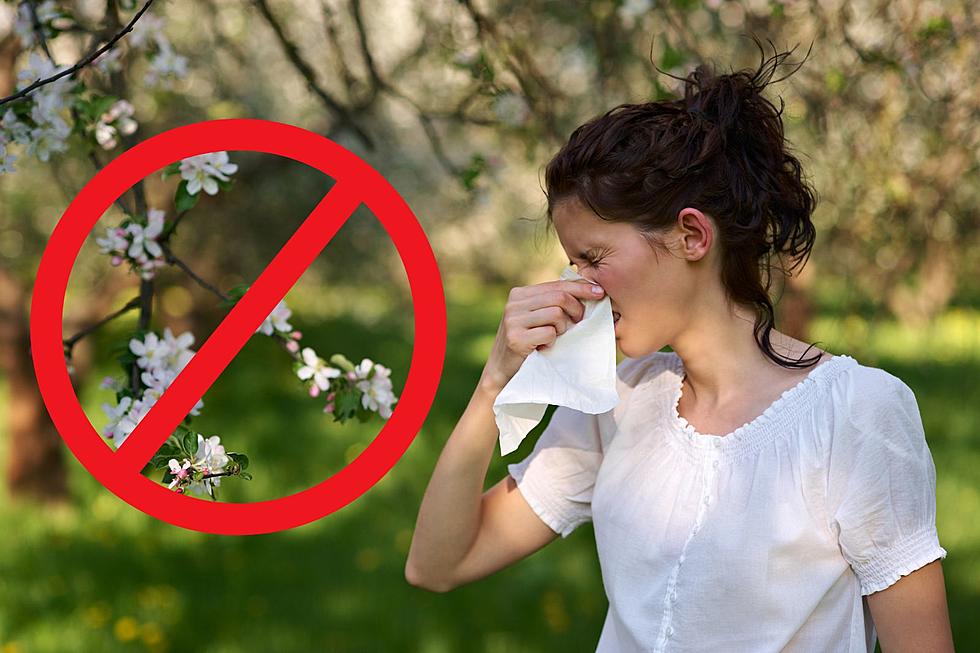
When Can We Expect Allergy Season to End Here in West Michigan?
How are your allergies doing this season? I don't know about you, but I'm miserable.
From the tufts of cottonwood flying through the air, to the layer of pollen that's coating every car, it seems spring allergy season has hit West Michigan residents especially hard this year.

Want to know how I know that pollen and allergens are especially horrendous this season? Because I claim to be someone who doesn't typically suffer from allergies and even I am becoming super sniffly and sneezy. That's when you know its bad!
So, when can we expect this nightmare to end?
What's Irritating West Michigan?
According to The Weather Channel residents throughout West Michigan are being bombarded by tree and grass pollen. You may have noticed those white fuzzies flying through the air during your commute across town-- that's the culprit!
Did you see the video from that neighborhood in Grand Rapids that was completely overrun with Cottonwood pollen? It looked like a blizzard! In fact, Grand Rapids was just named one of the worst cities in the U.S. for seasonal allergy sufferers, especially those who are sensitive to grass pollen.
This is getting out of control!
So When Can We Expect It To Stop?
Prepare yourself for some bad news:
According to the allergy care company Wyndly we can expect peak pollen counts during the months of May, June, and September.
In Michigan, tree pollen is the main allergen in the spring. Grass pollen is mainly produced during the summer months. The fall is when weeds produce pollen, so these allergies will be worse in late summer and up until the end of allergy season.
Sources say allergy season is worse this year and expected to last longer than years past thanks to climate change. I don't even want to know what that means for the 2024 allergy season!
To combat the effects of allergies the Allergy & Asthma Center of Rochester suggests limiting your time outdoors, taking a shower immediately after outdoor activities, and installing quality air filters to reduce the pollens effects.




